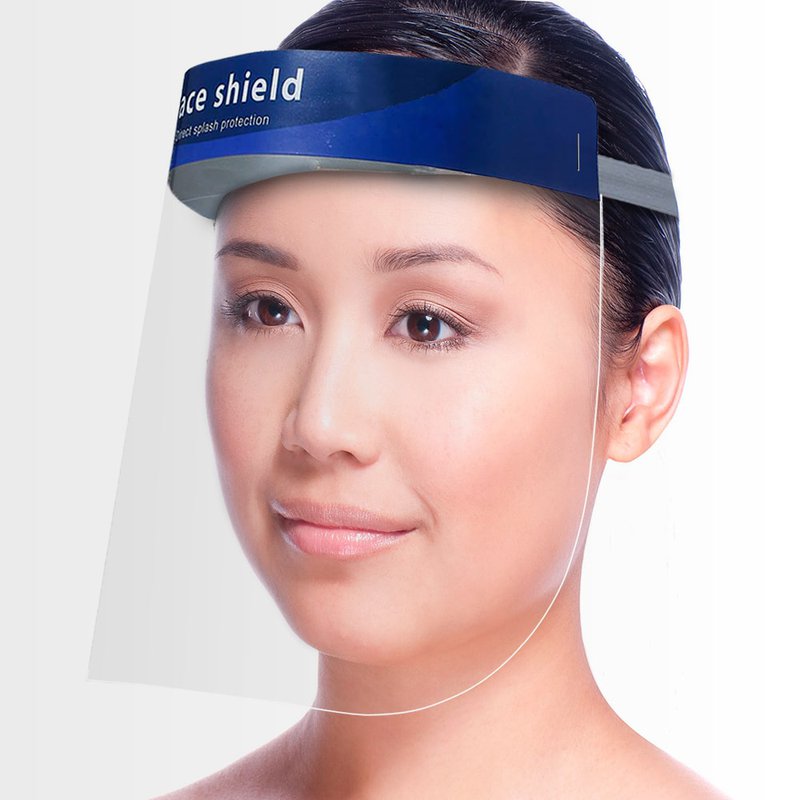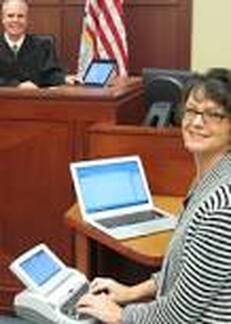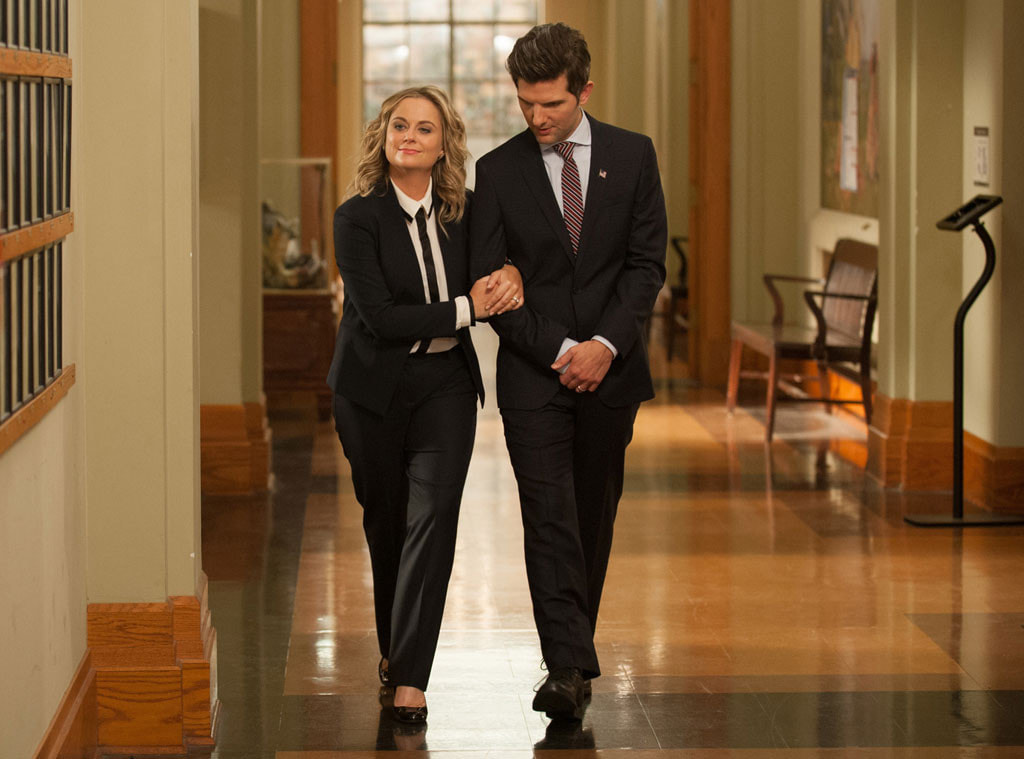We recently had a Zoom deposition where every single attorney was wearing a mask, and they kept them on while questioning the witness. Can you imagine how hard that was for the court reporter?
Wanted to let you know about a great product that advertises to keep you safe, but it is see-through and allows your speech to be clear and easily understood. The challenges of remote depositions are many, but if the questioner wears a mask, it becomes almost impossible!
Check these masks out! Sam's Club has them, and they are very inexpensive.....
Click here for Sam's Club shields for $4.99
Wanted to let you know about a great product that advertises to keep you safe, but it is see-through and allows your speech to be clear and easily understood. The challenges of remote depositions are many, but if the questioner wears a mask, it becomes almost impossible!
Check these masks out! Sam's Club has them, and they are very inexpensive.....
Click here for Sam's Club shields for $4.99




